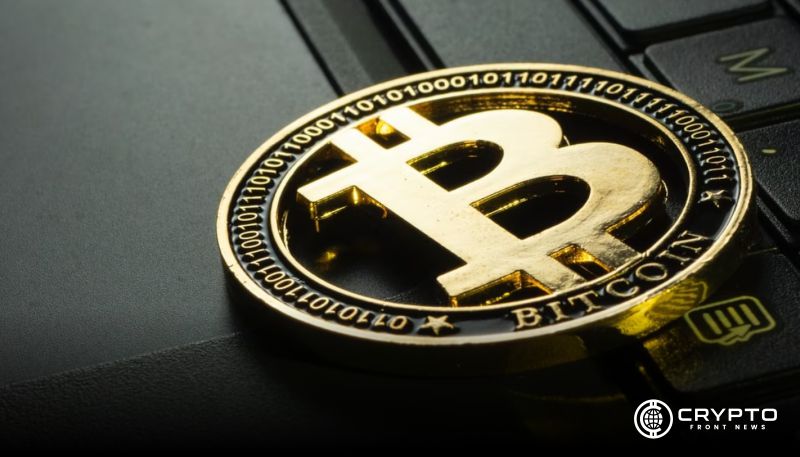- HB 302 allows New Hampshire to invest up to 5% of state funds into Bitcoin and digital assets with over $500 billion market cap.
- The law mandates that all digital assets be held via U.S.-regulated custodians, ensuring high standards of security and accountability.
- Dennis Porter says HB 302 provides a model that other state treasurers nationwide can adopt to modernize and diversify reserve strategies.
Bitcoin investment is now officially part of New Hampshire’s public finance strategy following the signing of House Bill 302 into law. Governor Kelly Ayotte approved the bill, making New Hampshire the first U.S. state to allow such investments.
Bitcoin Investment Gains State-Level Approval
The law enables New Hampshire’s state treasurer to allocate up to 5% of total state funds into Bitcoin and digital assets with a market capitalization above $500 billion. At present, only Bitcoin qualifies under this requirement.
HB 302 is based on the Strategic Bitcoin Reserve (SBR) model drafted by nonprofit group Satoshi Action. The law mandates that all digital assets be held in custody through U.S.-regulated institutions. These include qualified custodians, a state-controlled multisignature wallet, or an exchange-traded product.
Dennis Porter, CEO and Co-Founder of Satoshi Action, praised the move, stating, “Satoshi Action drafted the model, New Hampshire engraved it into law, and now every treasurer nationwide can follow that roadmap.”
The bill was passed by the legislature and signed into law by the Governor, positioning the state as a pioneer in integrating decentralized assets with public fund management.
Digital Asset Security Remains a Priority
HB 302 emphasizes secure storage of digital assets by requiring custodianship within U.S.-regulated frameworks. The law takes effect 60 days after its passage, providing the treasury time to implement the new strategy.
By setting a 5% cap on total fund allocation, the bill ensures Bitcoin investments serve as a complementary asset, not a replacement. This design supports long-term fiscal responsibility and stability.
Porter further stated, “HB 302 proves you can protect taxpayer money, diversify reserves, and future-proof state treasuries—all while embracing the most secure monetary network on Earth.”
The law’s structure maintains oversight while giving the treasury access to a new class of assets under regulated conditions.
Strategic Bitcoin Reserve Sparks Broader Interest
New Hampshire’s move could encourage similar legislation across other U.S. states. A related bill in Arizona was passed by its House but later vetoed by Governor Katie Hobbs on May 2.
Porter concluded, “New Hampshire didn’t just pass a bill; it sparked a movement.” HB 302 serves as a model for other states evaluating Bitcoin as part of their treasury planning.
This legislation reflects a growing national conversation about incorporating digital assets into government-level investment strategies under secure and regulated systems.






